Comprehensive Guide to Trowels: Uses, Benefits, Tips, and Choosing the Best
Introduction to Trowels: What They Are and Why You Need One
A trowel is a small but mighty hand tool with a flat, pointed blade, typically used for tasks
that require precision and control. It's a tool commonly seen in various fields, from gardening
and construction to arts and crafts. Whether you're planting flowers in your garden, laying
bricks for a wall, or working on detailed sculpture work, the trowel plays a crucial role in
helping you achieve smooth, accurate, and controlled results. It may seem like a simple tool,
but it’s essential for getting the job done right.
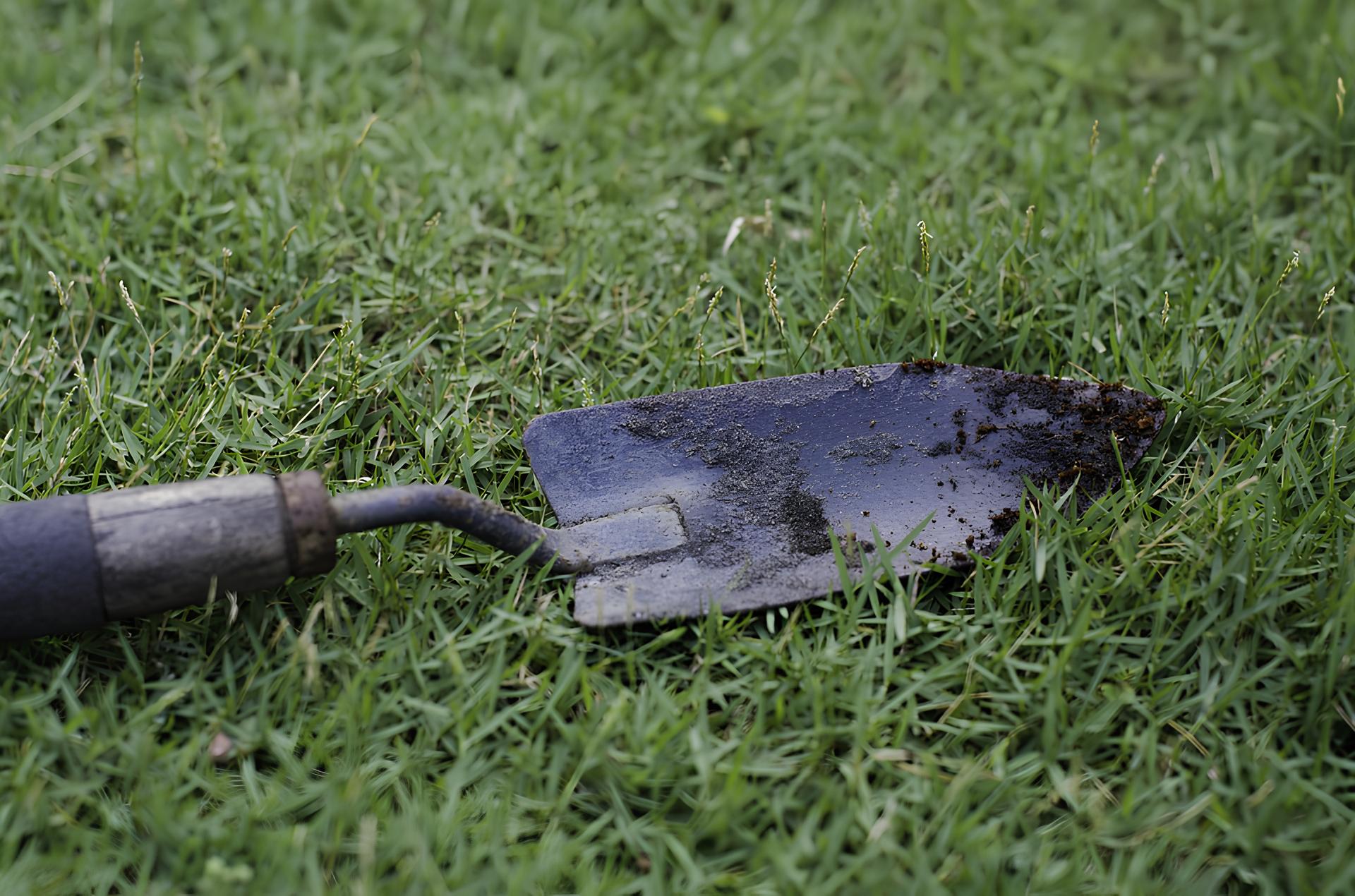
Key Benefits of Using a Trowel: Efficiency, Precision, and Versatility
Excellent Control: The compact design of the trowel allows for superior control,
making it perfect for precise tasks like transplanting small plants, applying plaster, or
smoothing surfaces.
Adaptable to Various Tasks: Whether you're working with soil, cement, mortar, or
clay, a trowel adapts to your needs, making it a multi-functional tool for gardening,
construction, or crafting.
Compact and Easy to Store: Due to its small size, a trowel is easy to store and
carry around. You can easily fit it in your toolbox or gardening kit without taking up too much
space.
Durable and Long-lasting: Made from high-quality materials such as stainless
steel or carbon steel, trowels are designed to be tough and long-lasting. A well-maintained
trowel can last many years with proper care.
Lightweight Design: The lightweight nature of a trowel makes it easy to handle,
even for extended periods. This can help reduce fatigue, especially in gardening or construction
tasks that require frequent tool use.
Affordable: Compared to other specialized tools, trowels are affordable. This
makes them accessible to a wide range of users, from casual gardeners to professional
contractors.
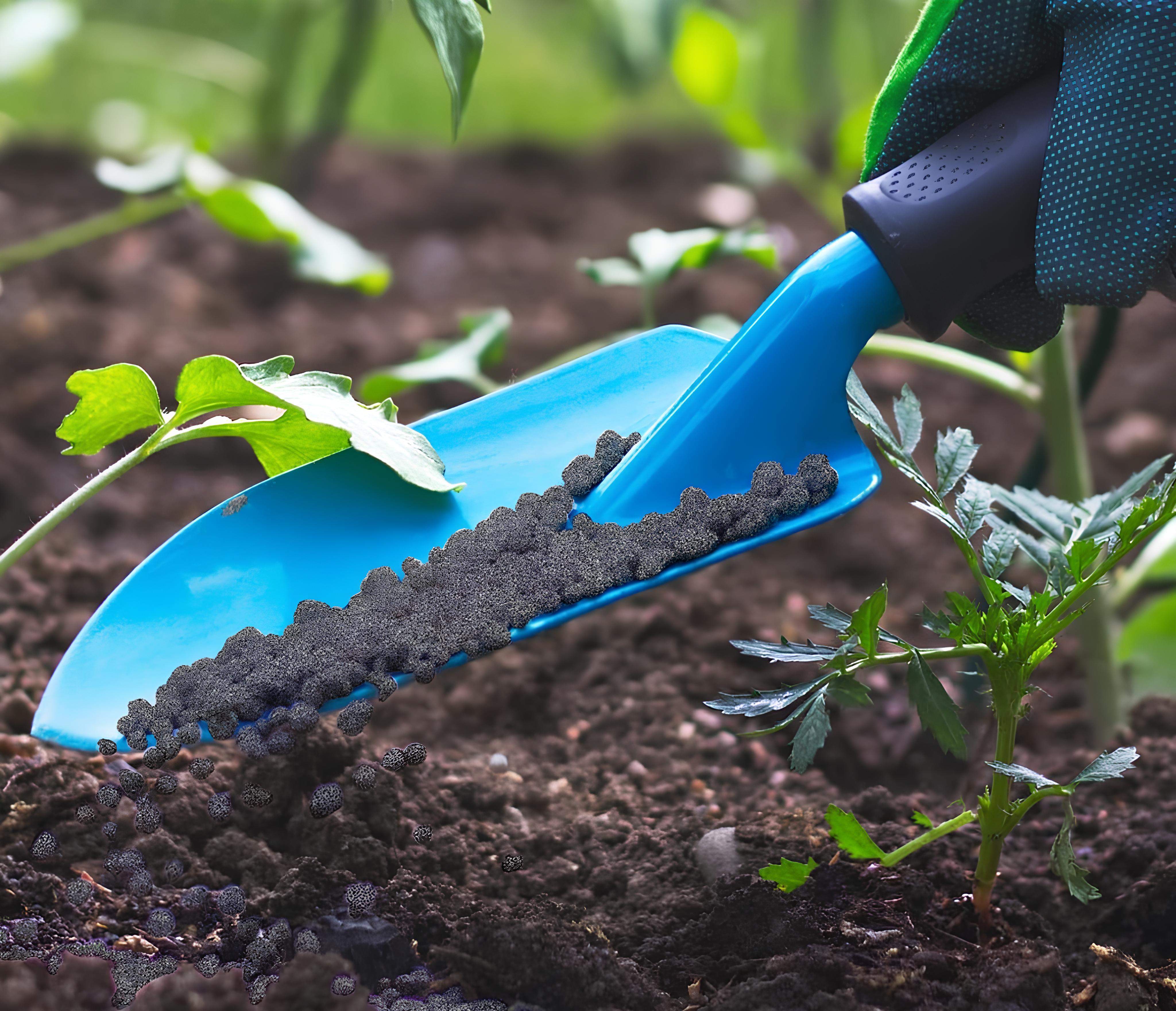
Common Uses of a Trowel: From Gardening to Construction
Gardening:
- Digging Holes: The pointed end of a trowel allows you to dig small, precise
holes for planting flowers, herbs, or small vegetables.
- Transplanting Plants: If you need to move plants from one location to
another, the trowel makes the task easier without disturbing the roots too much.
- Weeding: A trowel can be used to dig out weeds without disturbing nearby
plants, especially in tight garden spaces.
Masonry and Construction:
- Spreading Mortar: In masonry work, a trowel is essential for spreading and
smoothing mortar between bricks or stones to build structures.
- Plastering Walls: When applying plaster to walls or ceilings, a trowel is
used to smooth out the plaster for a uniform finish.
- Shaping Concrete: For finer control over concrete applications, a trowel is
used to smooth surfaces or create intricate textures.
Arts and Crafts:
- Sculpting: In sculpture, particularly in pottery, a trowel can help shape
and smooth clay, giving the artist control over the fine details.
- Mixing Materials: A trowel can also be used in art for mixing materials
like plaster or clay, providing even consistency for projects.
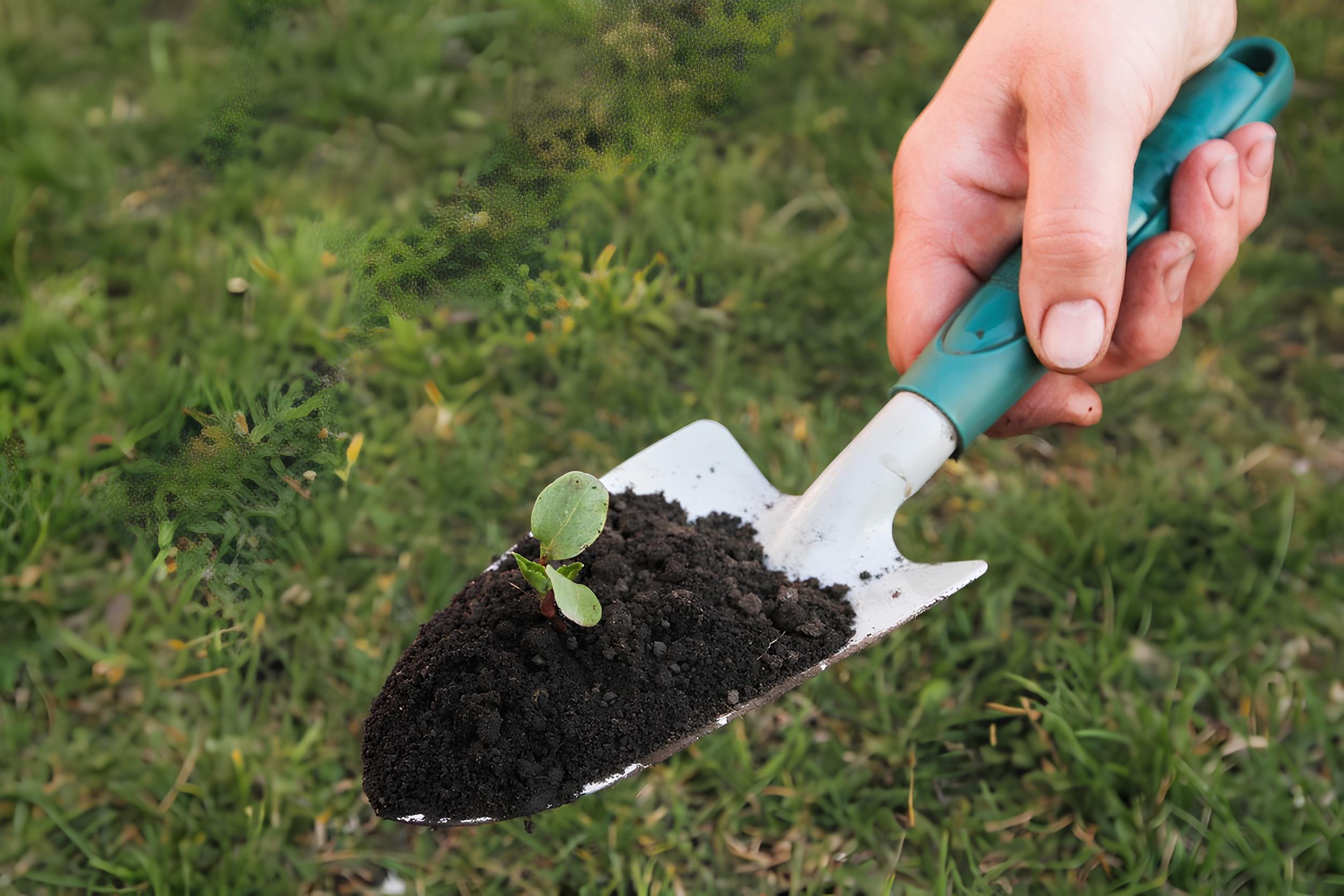
Why Trowels Are Essential Tools for Gardeners, Masons, and Artists
Trowels offer unmatched precision, making them ideal for tasks that require fine control. Whether
you're shaping delicate plant beds, smoothing plaster on a wall, or applying mortar for masonry
work, the trowel gives you the ability to work carefully and efficiently. Its compact size,
lightweight nature, and ability to handle a range of materials make it an essential tool for
gardeners, masons, contractors, and even artists.
How to Choose the Best Trowel for Your Needs
Material: Stainless steel is rust-resistant and easy to maintain, while carbon
steel is often more durable and tough, ideal for masonry work.
Handle Type: Look for a trowel with a handle that suits your comfort. A soft,
rubber handle can reduce hand strain, while wooden handles offer a classic, durable option.
Blade Shape and Size: A pointed, smaller blade is perfect for gardening, while a
larger, flat blade is better suited for spreading mortar or plaster in construction and masonry.
Weight: Choose a lightweight trowel for tasks that require delicate handling,
but make sure it’s heavy-duty enough for the materials you're working with.
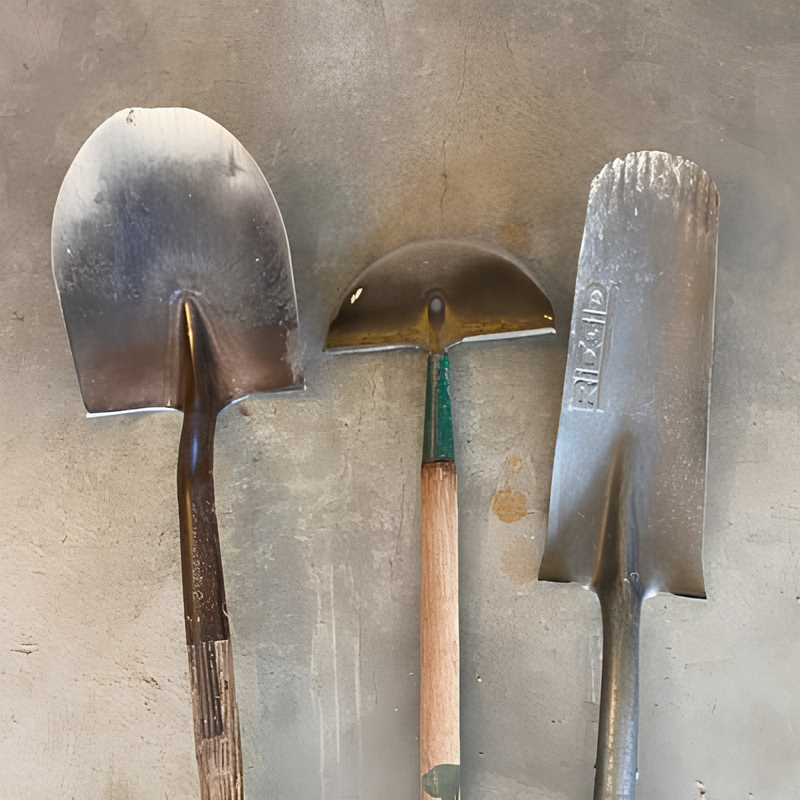
Top Trowel Brands You Can Trust
- Fiskars: Known for ergonomic designs and durable construction, Fiskars
offers a wide range of high-quality gardening trowels.
- Spear & Jackson: A trusted name in gardening tools, their trowels are made
from stainless steel and designed for long-lasting use.
- Marshalltown: This brand is particularly renowned for its masonry trowels,
designed to handle heavy-duty work like spreading cement and plaster.
- Wilko: Offering excellent value for money, Wilko trowels are a great choice
for homeowners and DIYers looking for reliable tools.
- Gardener’s Supply Company: For specialized gardening trowels, this brand
offers products designed to help you get the most out of your gardening tasks.
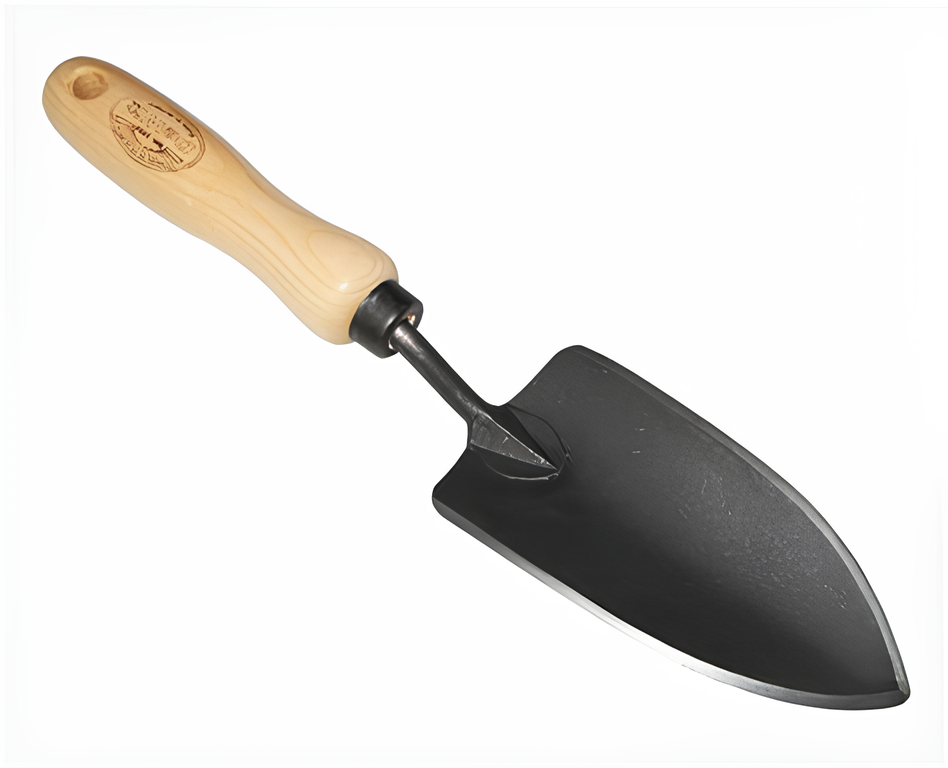
Tips for Using Your Trowel Effectively and Safely
- Select the Right Size: The size of your trowel should match the task. For
planting, go for a smaller trowel with a narrow blade. For masonry, choose a larger,
flat-bladed trowel.
- Proper Grip: Hold the trowel with a firm yet relaxed grip. An ergonomic
handle will help ensure that you can work for longer periods without discomfort.
- Clean After Each Use: After using your trowel, be sure to wash off any
material, dry it properly, and store it safely. This prevents rusting and ensures the tool’s
longevity.
- Use Controlled Pressure: When working with delicate surfaces or materials,
apply even, controlled pressure. Too much force can cause damage or create uneven finishes.
- Safety First: If you're working with concrete or mortar, ensure you wear
gloves and protective eyewear to avoid skin irritation and injury.
Frequently Asked Questions About Trowels
Q: What makes a trowel different from a spade?
A trowel is smaller with a pointed blade, ideal for tasks that require precision, such as
planting or weeding. A spade is larger, flat, and typically used for digging and moving larger
quantities of soil.
Q: How can I keep my trowel in good condition?
Clean it thoroughly after each use, dry it to prevent rust, and occasionally oil the metal parts
to maintain its durability. Keeping the blade sharp will also improve performance.
Q: Is a trowel good for heavy-duty tasks?
While trowels are excellent for detailed and precise work, for larger, more demanding tasks (like
moving large amounts of soil or concrete), a larger tool such as a shovel or spade may be more
appropriate.
Q: Can I use a trowel for mixing materials?
Yes! A trowel can be used to mix small quantities of materials like plaster, concrete, or mortar,
ensuring an even consistency.
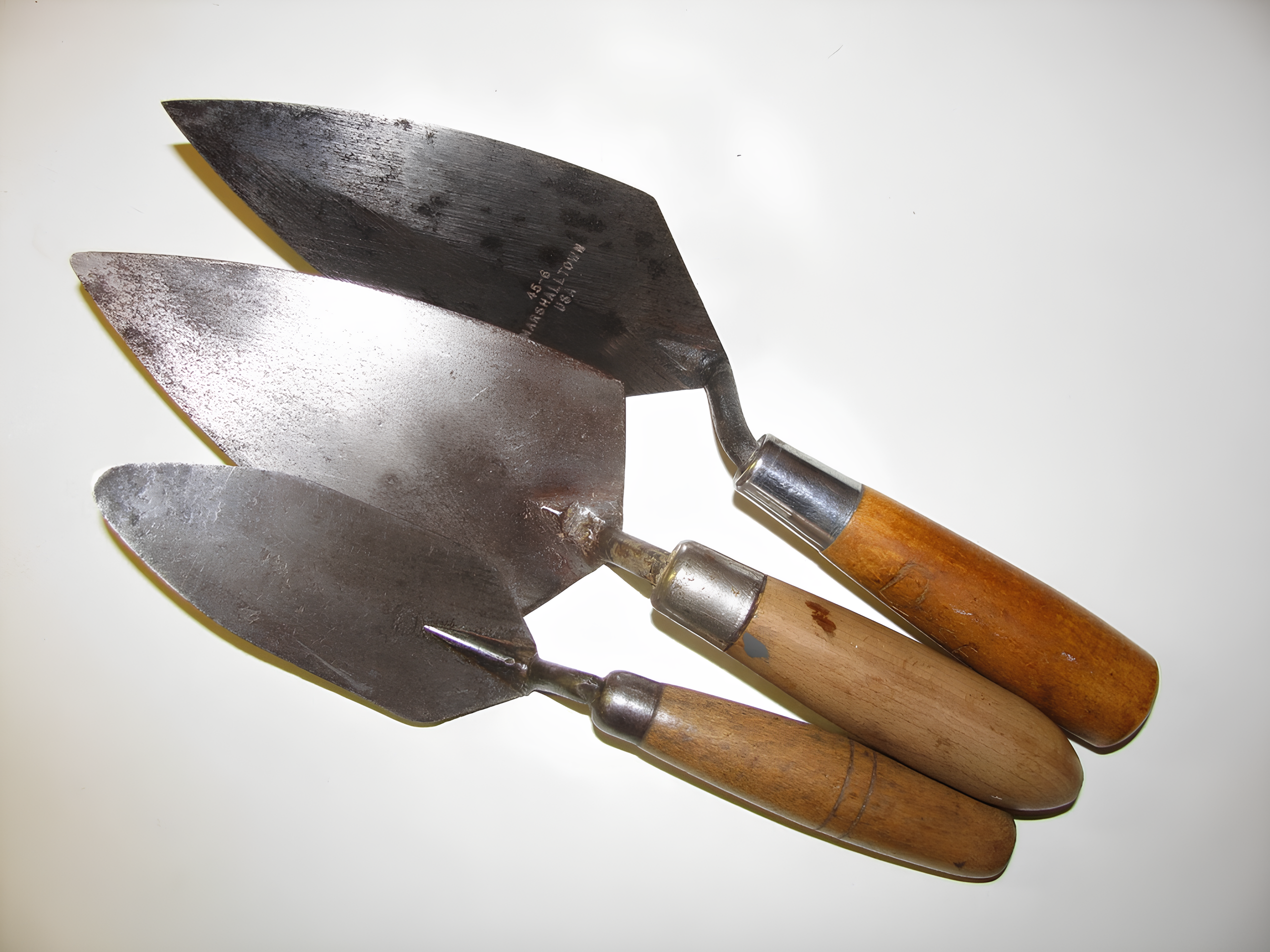
Conclusion: The Importance of Having a Reliable Trowel in Your Toolkit
A trowel is one of those tools that might seem small, but its usefulness cannot be overstated.
From gardening to masonry, and even arts and crafts, its versatility makes it indispensable. It
is affordable, easy to use, and built to last. Whether you are planting a flower, laying bricks,
or sculpting a masterpiece, the right trowel can make the job easier and more efficient. With
proper maintenance, this simple tool can serve you for years.
Buy online trowel for gardening
Garden trowel for gardening amazon
buy Garden trowel for gardening flipkart
best Garden trowel for gardening flipkart





